Home>Gardening & Outdoor>Pool & Spa Care>Why Is It Bad To Go In A Hot Tub While Pregnant
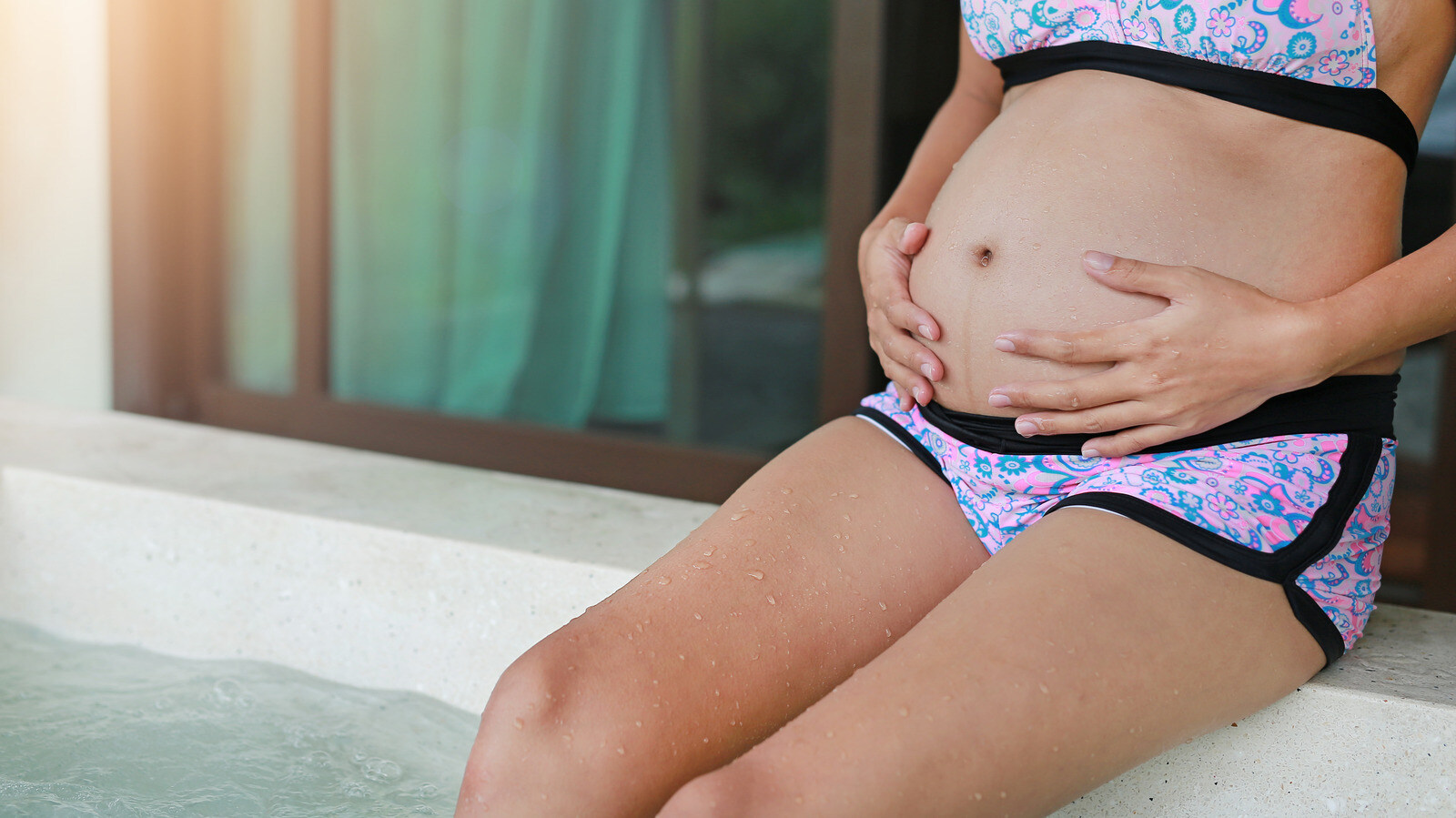

Pool & Spa Care
Why Is It Bad To Go In A Hot Tub While Pregnant
Modified: January 6, 2024
Learn about the risks of using a hot tub during pregnancy and get tips for pool and spa care to ensure a safe and enjoyable experience. Explore the do's and don'ts for expectant mothers.
(Many of the links in this article redirect to a specific reviewed product. Your purchase of these products through affiliate links helps to generate commission for Storables.com, at no extra cost. Learn more)
**
Introduction
**
Pregnancy is a time of joy, anticipation, and careful consideration of one's health. Expectant mothers are often cautious about their diet, physical activities, and overall well-being to ensure the best possible outcome for their growing baby. Among the various concerns that arise during pregnancy, the use of hot tubs and spas becomes a topic of interest and concern.
During pregnancy, the body undergoes significant physiological changes to support the developing fetus. These changes can influence how a woman's body responds to external factors such as heat and water immersion. While relaxing in a hot tub may seem like a tempting way to alleviate the discomforts of pregnancy, it's crucial to understand the potential risks and implications associated with this activity.
In this article, we will delve into the risks of hot tub use during pregnancy, the potential effects on fetal development, the increased risk of overheating, the heightened susceptibility to infections, and the precautions expectant mothers can take to ensure their well-being and that of their unborn child. By shedding light on these aspects, we aim to provide valuable insights that can guide pregnant individuals in making informed decisions about hot tub usage during this crucial stage of life.
Key Takeaways:
- Hot tub use during pregnancy can lead to overheating and infections, posing risks to the mother and the baby’s health. It’s crucial for expectant mothers to prioritize safer relaxation methods and consult healthcare providers for guidance.
- Elevated water temperatures in hot tubs can harm fetal development and increase the risk of overheating. Pregnant individuals should opt for alternative relaxation methods and stay hydrated to ensure a healthier pregnancy journey.
Read more: Why Can’t You Use A Hot Tub When Pregnant
Risks of Hot Tub Use During Pregnancy
While hot tubs and spas are synonymous with relaxation and stress relief, their use during pregnancy poses specific risks that expectant mothers should be mindful of. The elevated water temperatures and the potential exposure to harmful bacteria present in these environments can have adverse effects on both the mother and the developing fetus.
One of the primary concerns associated with hot tub use during pregnancy is the risk of hyperthermia, or elevated body temperature. Prolonged exposure to high water temperatures can lead to a significant increase in the mother’s core body temperature, potentially reaching levels that are unsafe for the developing baby. This heightened temperature can interfere with the normal development of the fetus and has been linked to an increased risk of neural tube defects and other developmental abnormalities.
Furthermore, the buoyancy provided by the water in hot tubs can mask the increase in body temperature, making it challenging for pregnant individuals to recognize the signs of overheating. As a result, the risk of inadvertently subjecting the fetus to harmful levels of heat becomes a valid concern when using hot tubs during pregnancy.
In addition to the risk of overheating, hot tubs and spas may harbor bacteria and other pathogens that can pose a threat to the health of both the mother and the unborn child. The warm and moist environment of hot tubs provides an ideal breeding ground for various microorganisms, including those that can cause infections such as urinary tract infections (UTIs) and bacterial vaginosis. These infections can lead to complications during pregnancy and may increase the risk of preterm labor or other adverse outcomes.
Given these potential risks, it is crucial for pregnant individuals to exercise caution and consider alternative methods of relaxation and pain relief that do not entail the use of hot tubs or spas. By being aware of the specific hazards associated with hot tub use during pregnancy, expectant mothers can prioritize the well-being of themselves and their developing baby.
Potential Effects on Fetal Development
When it comes to pregnancy, the well-being and optimal development of the fetus are of paramount importance. The use of hot tubs during pregnancy can potentially impact fetal development in several ways, prompting expectant mothers to exercise caution and avoid prolonged exposure to high water temperatures.
Elevated maternal body temperature, particularly during the first trimester of pregnancy, has been associated with an increased risk of neural tube defects in the developing fetus. These structural abnormalities in the brain and spinal cord can have profound and lifelong implications for the child’s health and well-being. The heat from hot tubs can elevate the mother’s core body temperature to levels that may pose a risk of neural tube defects, making it essential to avoid activities that could lead to hyperthermia during this critical stage of fetal development.
Furthermore, the potential effects of prolonged heat exposure on fetal circulation and oxygenation are areas of concern for pregnant individuals using hot tubs. The heat from the water can cause vasodilation, leading to a redistribution of blood flow within the mother’s body. This alteration in blood flow dynamics can impact the delivery of oxygen and nutrients to the fetus, potentially affecting its growth and development.
Moreover, the buoyancy and pressure relief provided by hot tubs can create a false sense of comfort, potentially leading pregnant individuals to remain in the water for extended periods. Prolonged immersion in hot tubs can exacerbate the potential effects of heat on fetal development, emphasizing the importance of adhering to safety guidelines and avoiding activities that could compromise the well-being of the unborn child.
By understanding the potential effects of hot tub use on fetal development, expectant mothers can make informed decisions and prioritize the adoption of alternative relaxation methods that do not pose risks to the health and development of the fetus. The vigilance and consideration exercised in this regard can contribute to a healthier and safer pregnancy journey for both the mother and the growing baby.
Increased Risk of Overheating
One of the primary concerns associated with hot tub use during pregnancy is the heightened risk of overheating. The elevated water temperatures, typically maintained between 100°F and 104°F (37.8°C to 40°C), can lead to a significant increase in the mother’s core body temperature, potentially reaching levels that are unsafe for the developing fetus.
During pregnancy, the body’s ability to regulate temperature is altered, making pregnant individuals more susceptible to overheating. Prolonged exposure to high water temperatures can result in a condition known as hyperthermia, characterized by an abnormal elevation in body temperature. This elevation in core body temperature can have detrimental effects on both the mother and the developing fetus.
One of the challenges associated with hot tub use during pregnancy is the masking of the body’s response to heat due to the buoyancy and pressure relief provided by the water. This can make it difficult for pregnant individuals to recognize the signs of overheating, such as sweating and feeling excessively hot. As a result, they may inadvertently subject themselves and their unborn child to the risks associated with elevated body temperature.
Research has indicated that exposure to high temperatures, particularly during the first trimester of pregnancy, can increase the risk of neural tube defects and other developmental abnormalities in the fetus. Additionally, prolonged overheating can lead to dehydration, which can further compromise the mother’s well-being and potentially impact the circulation and oxygenation of the developing baby.
Given these considerations, it is crucial for pregnant individuals to exercise caution and avoid activities that can lead to overheating, including prolonged immersion in hot tubs and spas. By prioritizing the maintenance of a safe and stable body temperature, expectant mothers can mitigate the risks associated with overheating and contribute to a healthier pregnancy journey for themselves and their unborn child.
It is not recommended to go in a hot tub while pregnant because the high temperature can raise the mother’s core body temperature, which can be harmful to the baby’s development. It can also increase the risk of birth defects and miscarriage. It’s best to stick to lukewarm water for bathing during pregnancy.
Increased Risk of Infection
Aside from the concerns related to overheating, pregnant individuals should be mindful of the increased risk of infection associated with hot tub use during pregnancy. The warm and moist environment of hot tubs and spas creates an ideal breeding ground for various microorganisms, including bacteria and fungi, which can pose a threat to the health of both the mother and the developing fetus.
Urinary tract infections (UTIs) and bacterial vaginosis are among the common infections that pregnant individuals are susceptible to, and the use of hot tubs can potentially exacerbate this risk. The combination of warm water and the presence of bacteria in hot tubs can increase the likelihood of developing these infections, which, if left untreated, can lead to complications during pregnancy.
UTIs, in particular, can have implications for the health of the mother and the unborn child. If not promptly addressed, UTIs can progress to more severe kidney infections, potentially increasing the risk of preterm labor and other adverse outcomes. Bacterial vaginosis, characterized by an imbalance in vaginal bacteria, has also been associated with an elevated risk of preterm birth and low birth weight.
Furthermore, exposure to certain pathogens in hot tubs can lead to skin infections and respiratory issues, which can impact the overall well-being of pregnant individuals and potentially compromise the health of the developing fetus. The susceptibility to infections during pregnancy underscores the importance of avoiding environments that may harbor harmful microorganisms, including those found in hot tubs and spas.
While proper maintenance and water sanitation can mitigate the risk of infections in hot tubs, the potential consequences of exposure to pathogens during pregnancy warrant a cautious approach. Expectant mothers are advised to prioritize activities that minimize the risk of infection and support a healthy pregnancy, which may involve refraining from hot tub use and exploring alternative methods of relaxation and stress relief.
By being mindful of the increased risk of infection associated with hot tub use during pregnancy, pregnant individuals can take proactive measures to safeguard their health and that of their unborn child, contributing to a safer and more comfortable pregnancy experience.
Read more: Can You Be In A Hot Tub When Pregnant
Precautions and Alternatives
Given the potential risks associated with hot tub use during pregnancy, it is essential for expectant mothers to prioritize their well-being and that of their developing baby by exercising caution and considering alternative methods of relaxation and stress relief.
As a precautionary measure, pregnant individuals are advised to avoid prolonged exposure to hot tubs and spas, particularly during the first trimester when the risk of developmental abnormalities is heightened. The elevation in core body temperature resulting from hot tub use can pose risks to fetal development, making it crucial to prioritize activities that maintain a stable body temperature and minimize the potential for overheating.
When seeking relaxation and pain relief during pregnancy, expectant mothers can explore alternative approaches that do not entail the use of hot tubs. These may include gentle prenatal yoga, meditation, and hydrotherapy in controlled and monitored environments, such as warm baths at home. These activities offer relaxation benefits while minimizing the risks associated with overheating and exposure to harmful pathogens.
Furthermore, maintaining proper hydration and avoiding activities that can lead to dehydration are essential considerations for pregnant individuals. Prolonged immersion in hot tubs can contribute to dehydration, which can have implications for maternal health and the circulation and oxygenation of the developing fetus. By prioritizing hydration and opting for safer methods of relaxation, expectant mothers can mitigate the potential risks associated with hot tub use during pregnancy.
It is also important for pregnant individuals to engage in open and informed discussions with their healthcare providers regarding the use of hot tubs and spas during pregnancy. Healthcare professionals can provide personalized guidance and recommendations based on individual health considerations and pregnancy-related factors, ensuring that expectant mothers make informed decisions that align with their well-being and that of their unborn child.
By adopting these precautions and exploring alternative methods of relaxation, pregnant individuals can navigate their pregnancy journey with confidence and mindfulness, prioritizing activities that support their health and the optimal development of their growing baby. The proactive approach to safety and well-being during pregnancy contributes to a positive and nurturing experience for both the mother and the unborn child.
Conclusion
The decision to use hot tubs and spas during pregnancy is a significant consideration that warrants careful attention to the potential risks and implications for maternal and fetal health. The elevated water temperatures and the increased risk of exposure to harmful pathogens in these environments necessitate a cautious approach to ensure the well-being of expectant mothers and their developing babies.
By shedding light on the risks of hot tub use during pregnancy, including the potential effects on fetal development, the increased risk of overheating, and the heightened susceptibility to infections, this article aims to empower pregnant individuals with valuable insights to make informed decisions about their activities during this crucial stage of life.
Understanding the risks associated with hot tub use during pregnancy can guide expectant mothers in prioritizing alternative methods of relaxation and stress relief that do not pose potential hazards to maternal and fetal health. By exercising caution, seeking personalized guidance from healthcare providers, and exploring safer alternatives, pregnant individuals can navigate their pregnancy journey with mindfulness and confidence, promoting a healthier and more comfortable experience for themselves and their growing baby.
Ultimately, the well-being of both the mother and the unborn child is paramount, and by embracing a proactive and informed approach to pregnancy-related activities, expectant mothers can contribute to a nurturing and supportive environment for the optimal development of their baby. The considerations outlined in this article underscore the importance of prioritizing safety and well-being during pregnancy, ensuring a positive and healthy journey for both the expectant mother and her growing family.
Frequently Asked Questions about Why Is It Bad To Go In A Hot Tub While Pregnant
Was this page helpful?
At Storables.com, we guarantee accurate and reliable information. Our content, validated by Expert Board Contributors, is crafted following stringent Editorial Policies. We're committed to providing you with well-researched, expert-backed insights for all your informational needs.
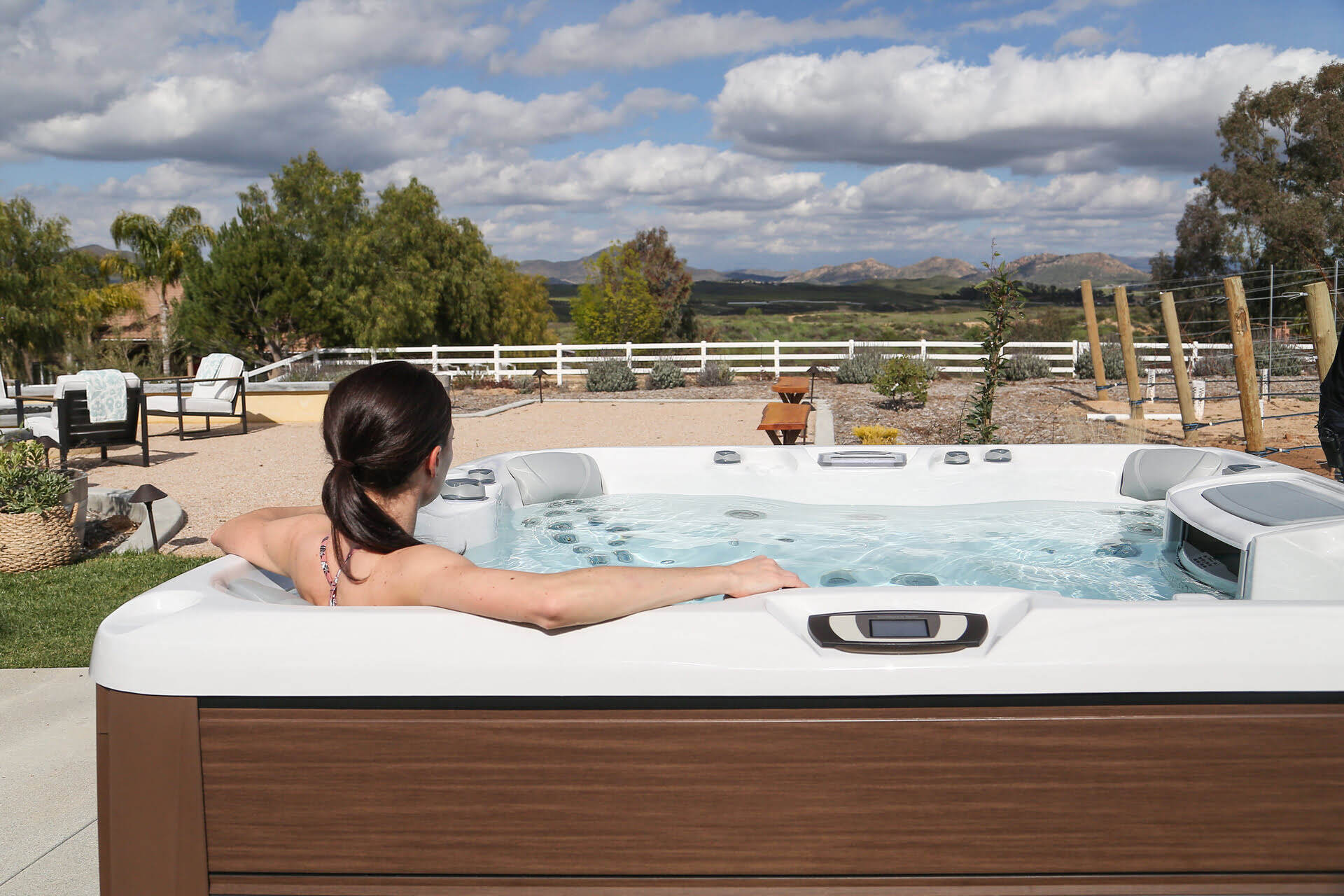


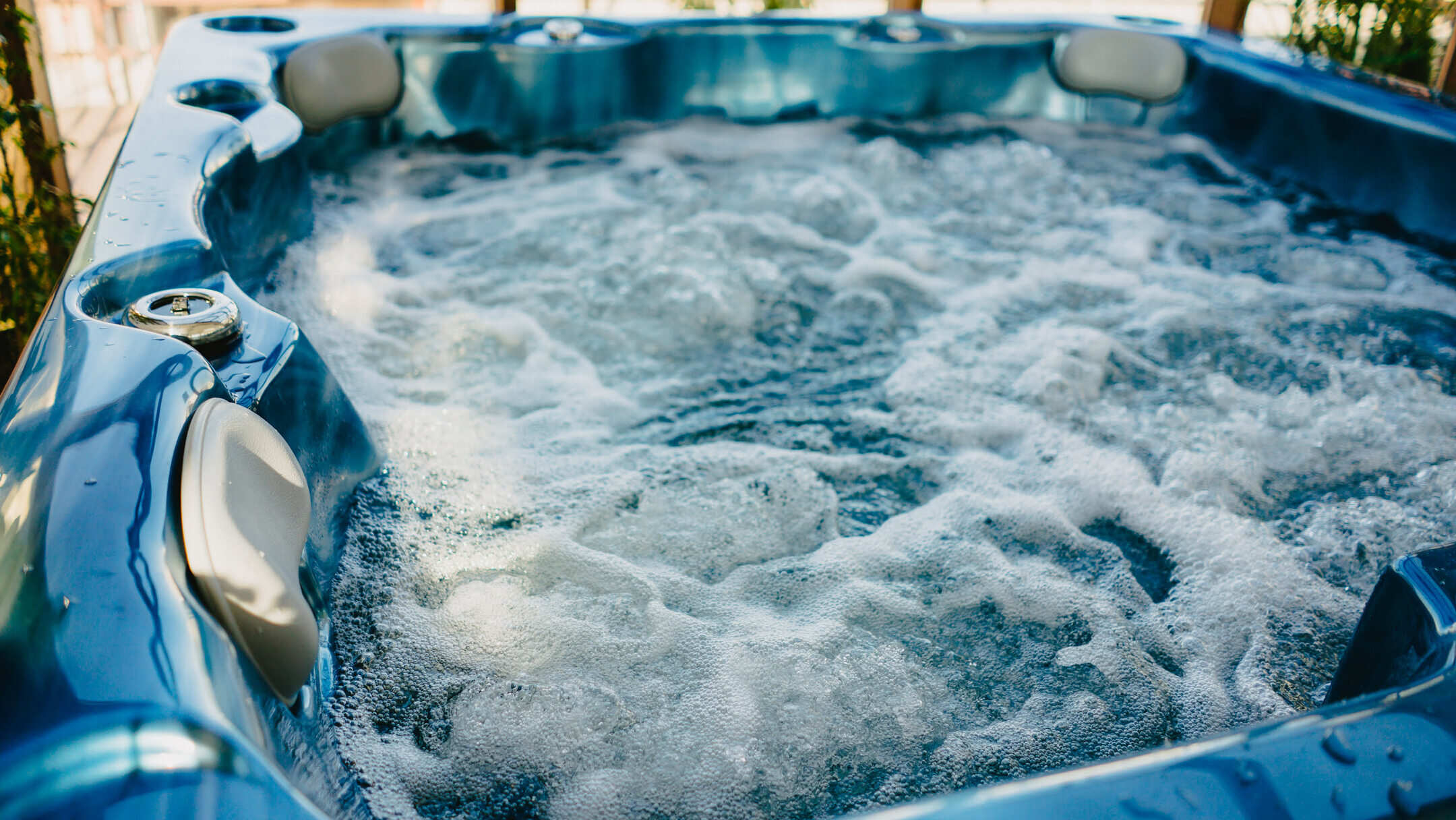




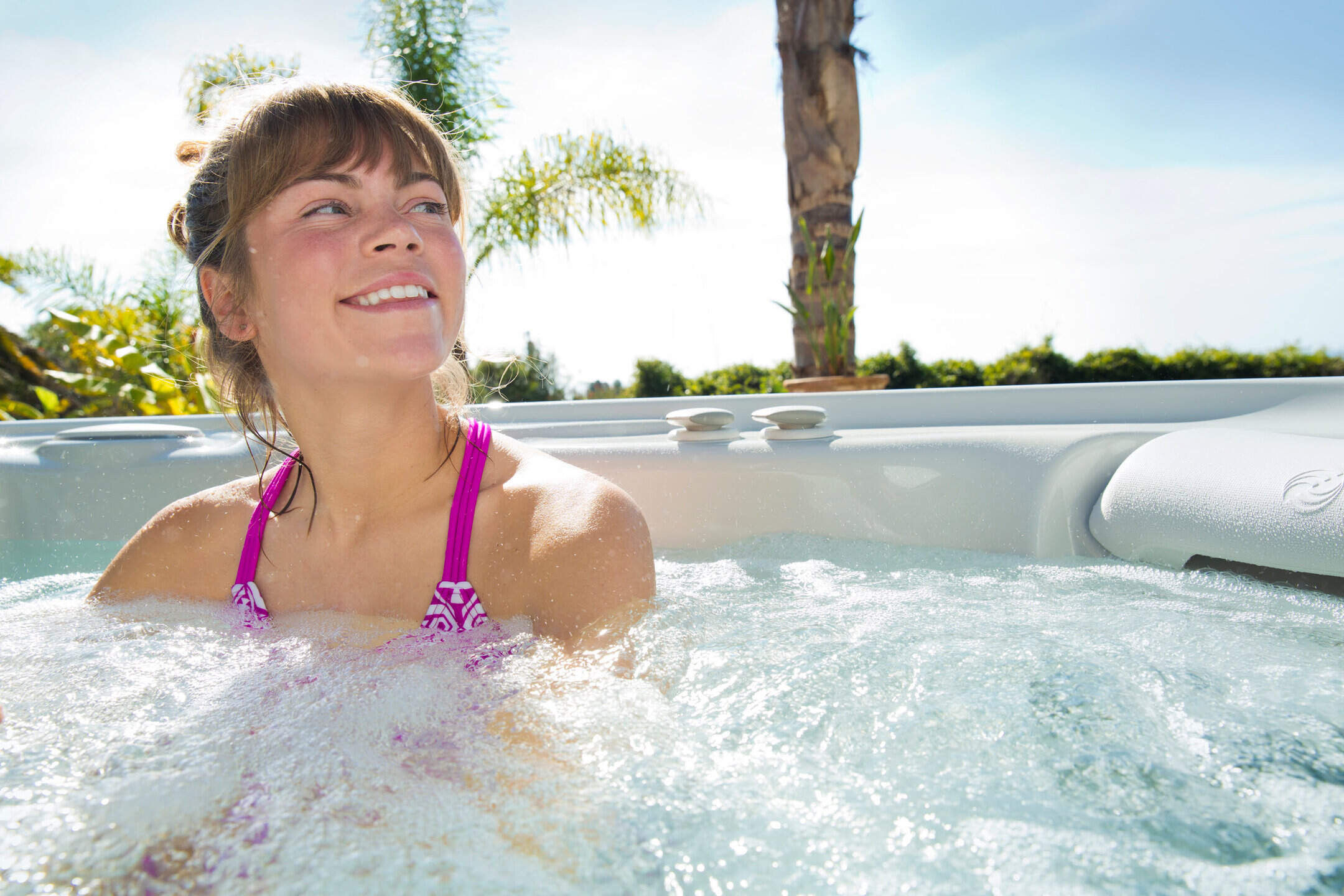

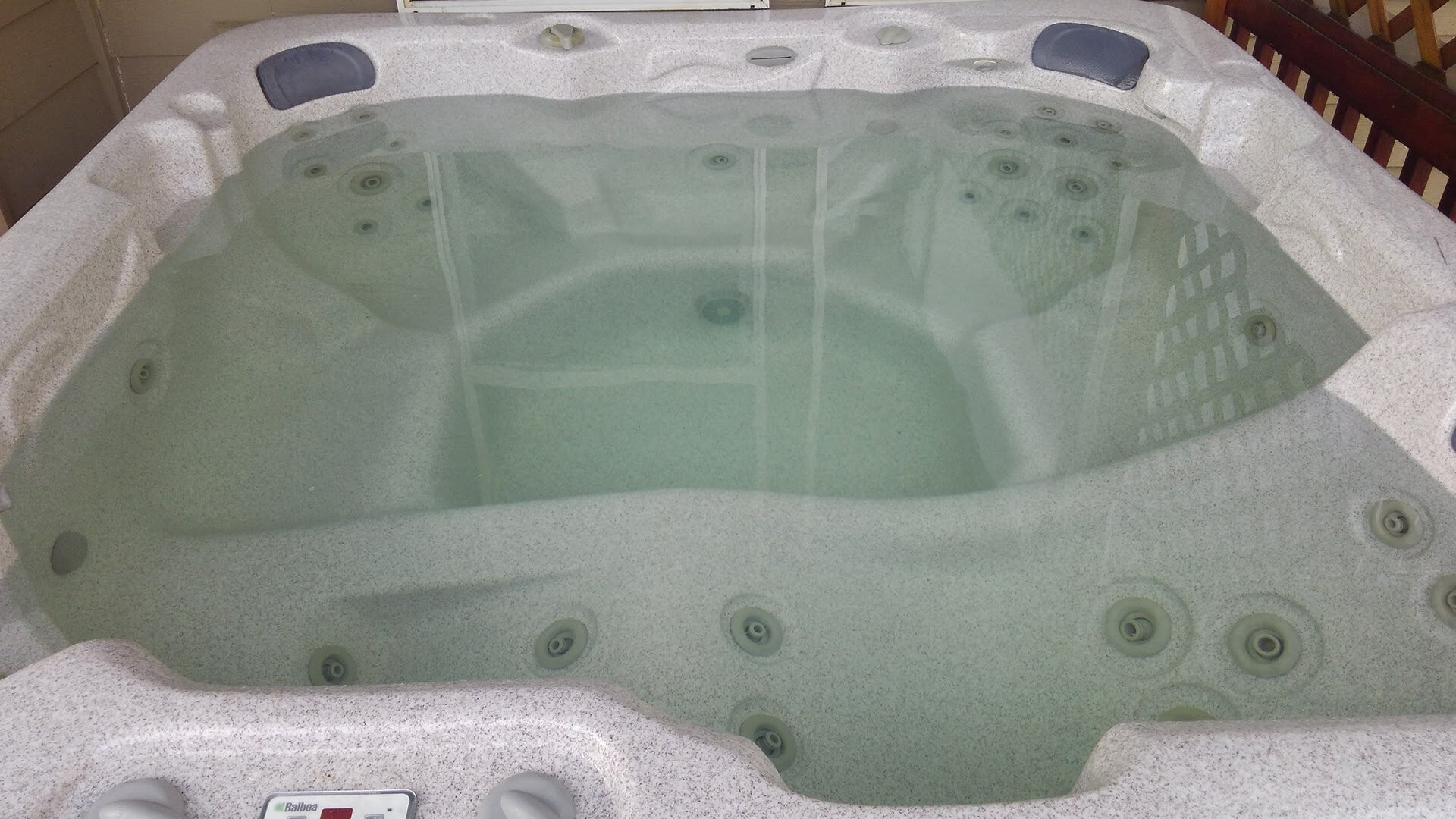
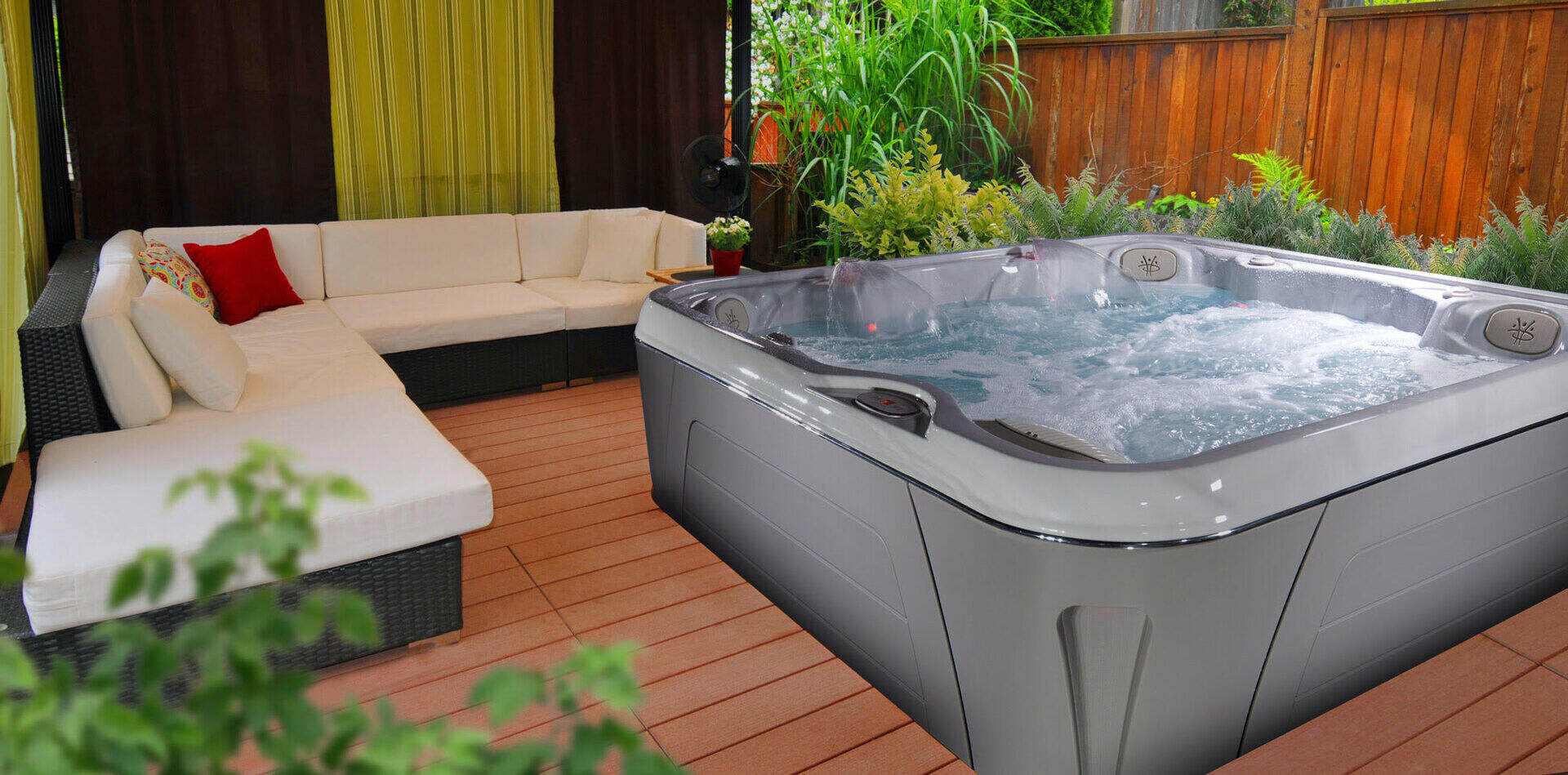
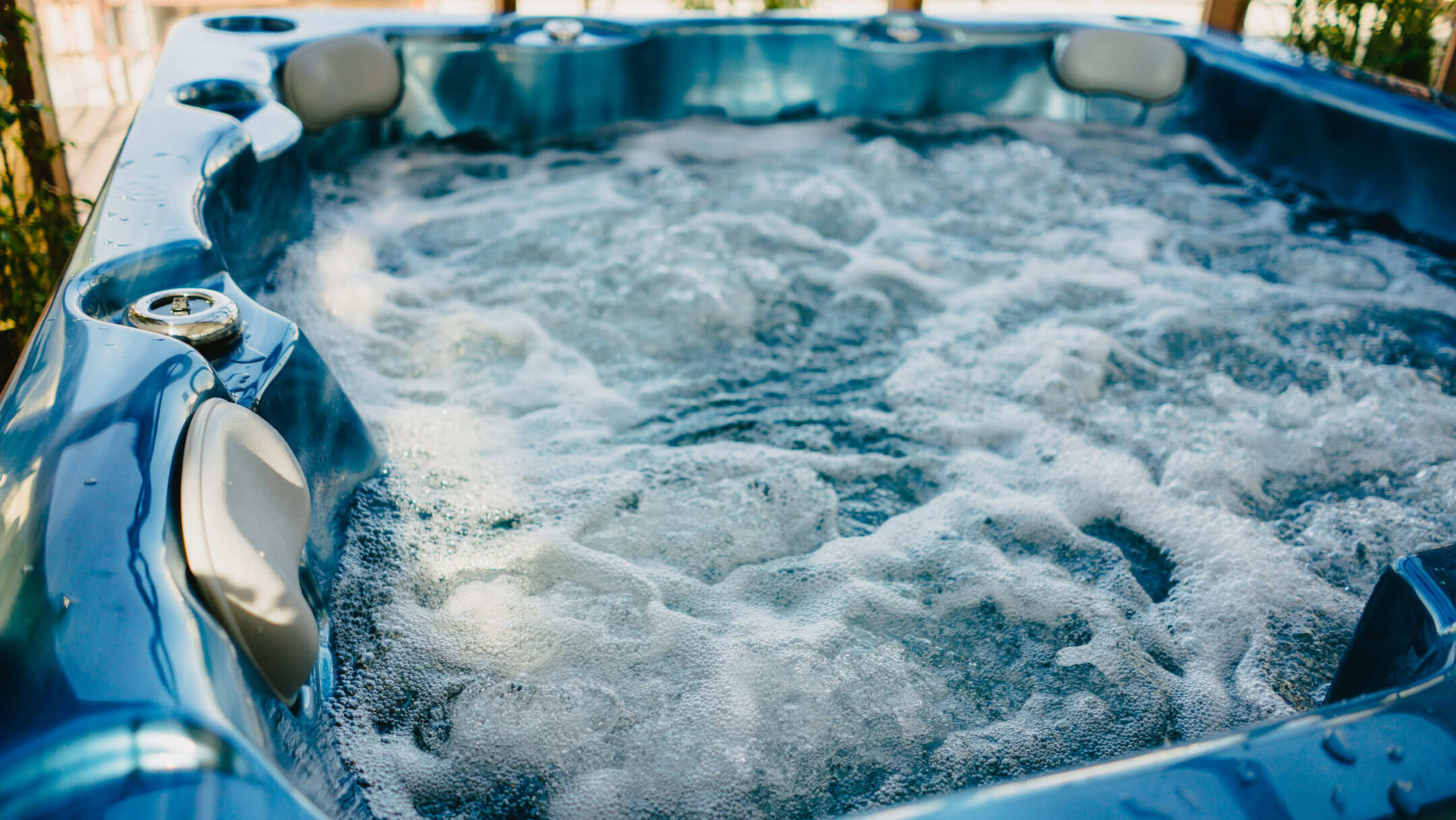
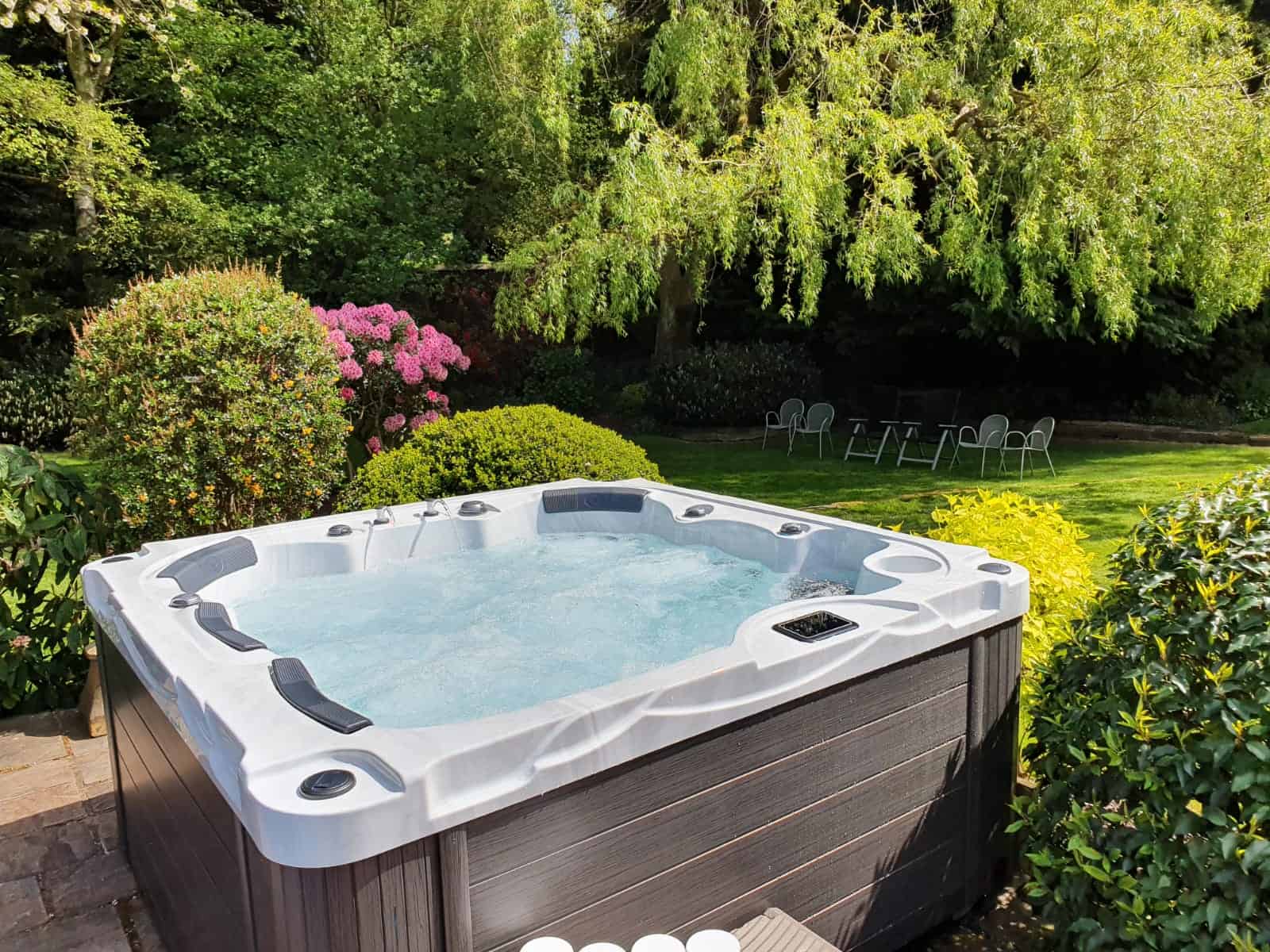

0 thoughts on “Why Is It Bad To Go In A Hot Tub While Pregnant”